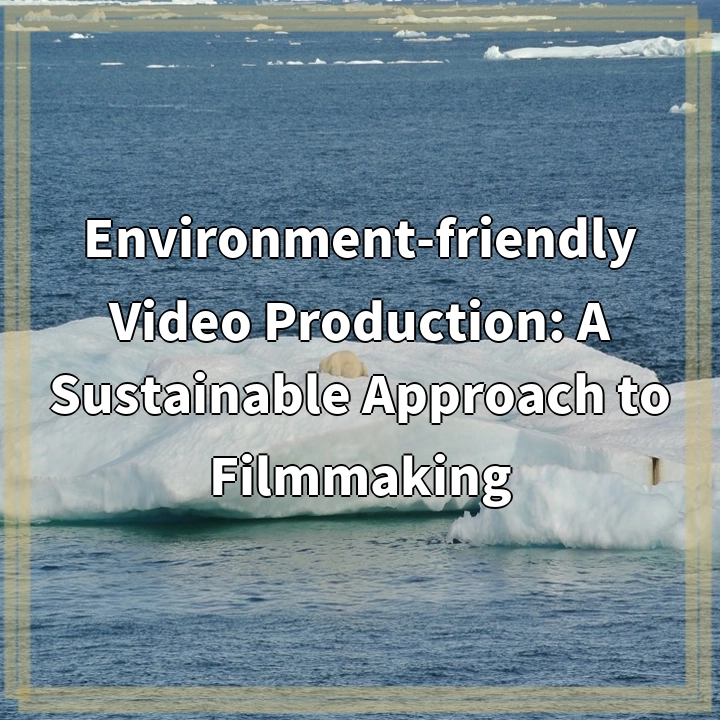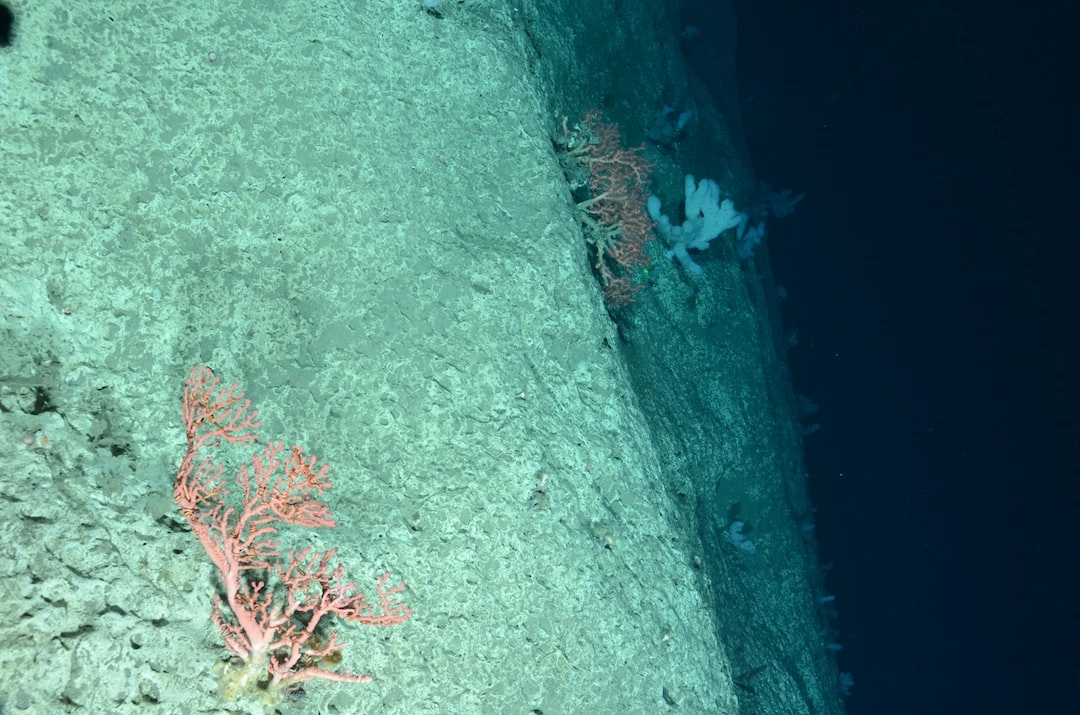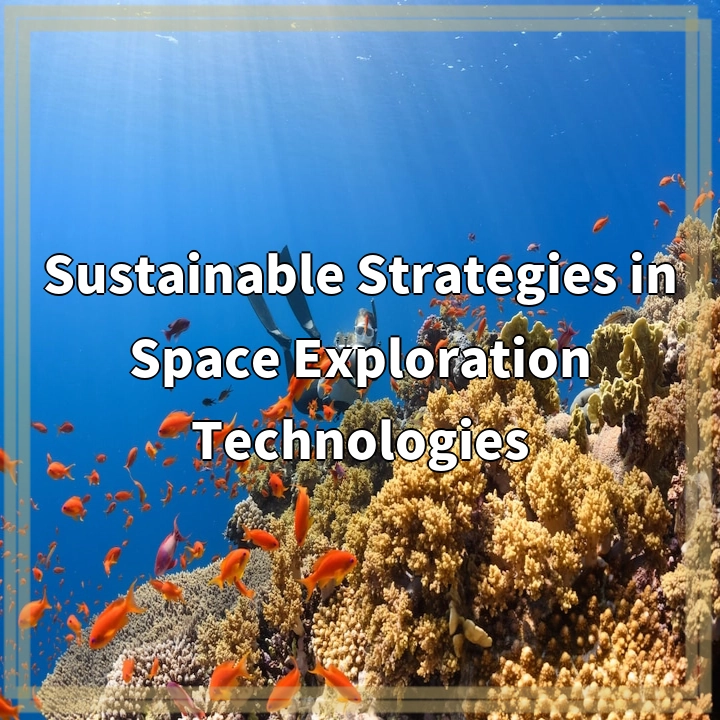
What is Environment-friendly Video Production?
Environment-friendly video production, also known as sustainable filmmaking, involves adopting eco-conscious practices throughout the entire filmmaking process. It emphasizes minimizing the environmental impact associated with video production, from pre-production planning to post-production and distribution.
Real-World Problems
Despite the growth of the film and video production industry, it is also a significant contributor to environmental degradation. Here are some real-world problems associated with traditional video production methods:
1. Carbon Footprint
The energy-intensive nature of video production, including equipment usage and transportation, results in a substantial carbon footprint. This includes emissions from electricity consumption, fuel usage, and travel.
2. Waste Generation
Film sets often generate a significant amount of waste, including packaging materials, props, and set decorations. This waste typically ends up in landfills, contributing to pollution and habitat destruction.
3. Harmful Materials
Traditional video production involves the use of hazardous materials, such as certain chemicals for special effects and artificial lighting. Improper disposal of these materials can have negative impacts on ecosystems and human health.
4. Water Usage
Water is a valuable resource that is often wasted during video production. Excessive use for production purposes, such as cleaning equipment or artificial rainfall scenes, can strain local water supplies and ecosystems.
5. Lack of Awareness
Many filmmakers and production companies are unaware of the environmental consequences of their practices. This lack of awareness hinders the adoption of sustainable approaches and perpetuates the negative impact on the environment.

Solutions for Environment-friendly Video Production
To address the real-world problems associated with traditional video production, here are some key solutions that can be implemented to create a more sustainable approach:
1. Carbon Offsetting
One solution to reduce the carbon footprint of video production is to invest in carbon offsetting initiatives. This involves supporting projects that aim to reduce greenhouse gas emissions or remove carbon dioxide from the atmosphere, effectively balancing out the emissions produced during filming.
2. Sustainable Set Design
Implementing sustainable set design practices can help minimize waste generation. This can include using recycled or repurposed materials for props and set decorations, encouraging reusable packaging, and implementing effective waste management systems on set to promote recycling and composting.
3. Eco-friendly Materials
Transitioning to the use of eco-friendly materials, such as biodegradable special effects products and LED lighting, can help reduce the reliance on harmful substances. Proper disposal and recycling of these materials are crucial to prevent environmental contamination.
4. Water Conservation
To minimize water usage, filmmakers can explore alternative methods like using digital effects for rain scenes instead of real water. Additionally, implementing water-saving practices on set, such as efficient equipment cleaning techniques and utilizing graywater for non-potable purposes, can contribute to water conservation efforts.
5. Education and Collaboration
Raising awareness within the filmmaking community about the importance of sustainable practices is essential. This can be achieved through workshops, training sessions, and industry conferences that highlight the environmental impact of video production. Collaboration between filmmakers, production companies, and environmental organizations can also foster the sharing of best practices and the development of sustainable standards for the industry.















